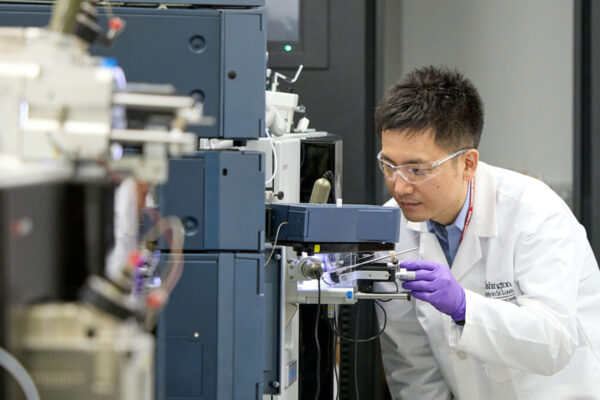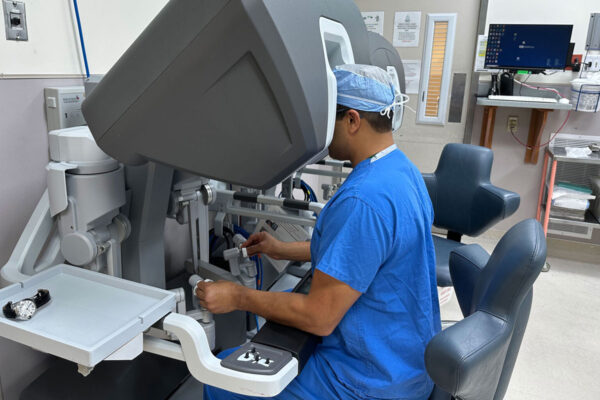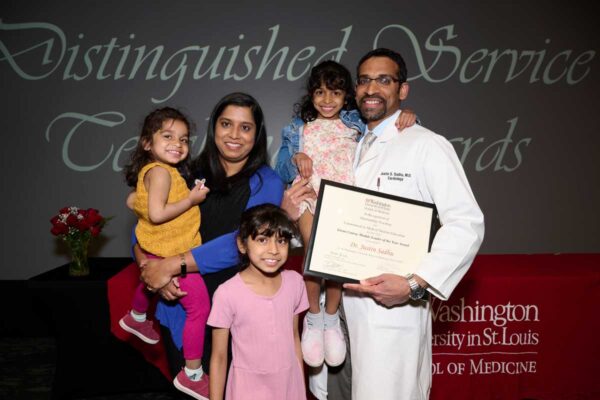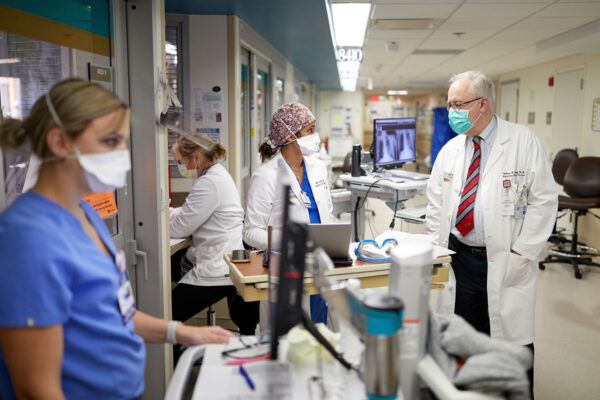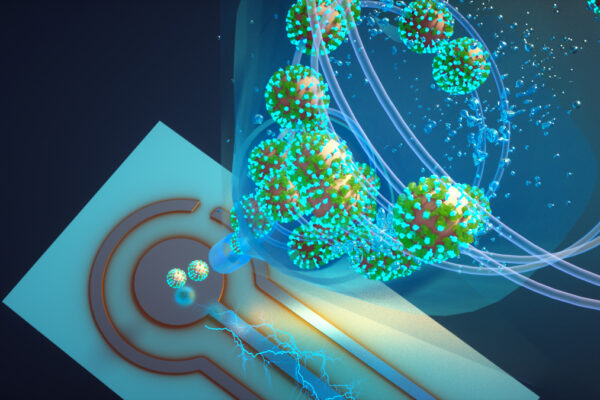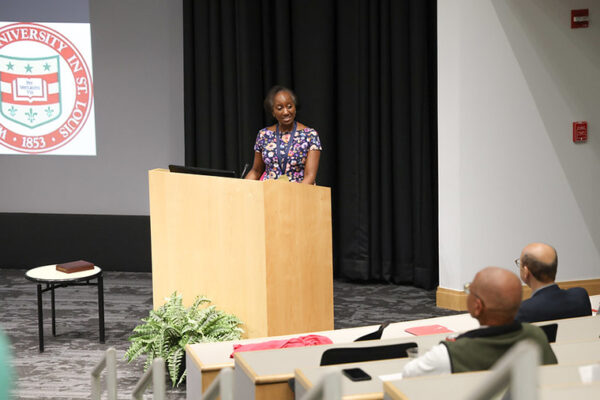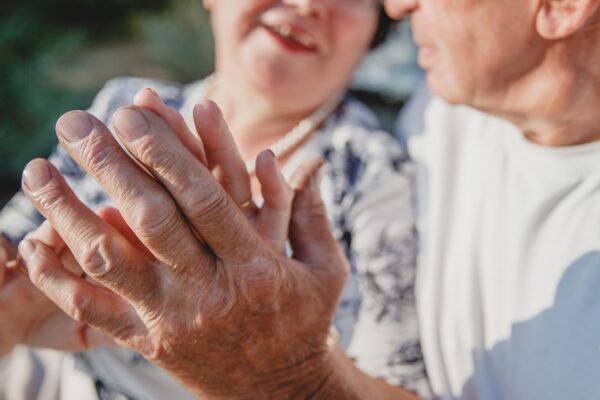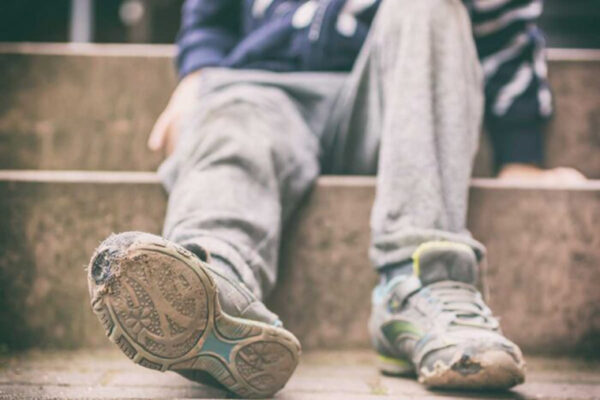Tau-based biomarker tracks Alzheimer’s progression
Researchers at the School of Medicine and Lund University in Sweden have identified a form of tau that could serve as a marker to track Alzheimer’s progression. The marker also could speed drug development.
First robotic liver transplant in U.S. performed by Washington University surgeons
A surgical team from the School of Medicine recently performed the first robotic liver transplant in the U.S. in May at Barnes-Jewish Hospital.
Medical students honor their mentors, teachers
Washington University School of Medicine students recently honored faculty and residents with Distinguished Service Teaching Awards.
Anti-inflammatory drugs did not speed COVID-19 recovery but prevented deaths
Two drugs commonly used to treat inflammatory diseases such as rheumatoid arthritis and psoriasis did not shorten recovery time for patients hospitalized with severe COVID-19 but did reduce the likelihood of death when compared with standard care alone, according to a study led by the School of Medicine.
Air monitor can detect COVID-19 virus variants in about 5 minutes
Proof-of-concept device could also monitor for flu, RSV, other respiratory viruses.
Njoku installed as Wise Chair in Pediatric Anesthesiology
Dolores B. Njoku, MD, the director of pediatric anesthesiology at the School of Medicine and anesthesiologist-in-chief at St. Louis Children’s Hospital, has been installed as the new Rudolph L. and Mary Frances Wise Endowed Chair in Pediatric Anesthesiology.
Fighting loneliness by finding purpose
A sense of purpose in life — whether it’s a high-minded quest to make a difference or a simple hobby with personal meaning — can offer potent protection against loneliness, according to research from Patrick Hill in Arts & Sciences at Washington University in St. Louis.
Improved orthopedic health doesn’t necessarily mean improved mental health
Orthopedic clinics at the School of Medicine ask patients to fill out an electronic questionnaire at each visit. Analyzing data from questions about anxiety and depression, researchers have found that as patients’ musculoskeletal health improves, anxiety and depression don’t necessarily follow suit.
In battling obesity and prediabetes, combining exercise with weight loss is key
Researchers at the School of Medicine have found that combining regular exercise with a 10% loss of body weight more than doubles sensitivity to insulin, offering important health benefits.
Poverty negatively impacts structural wiring in children’s brains, study indicates
A study by researchers at the School of Medicine reveals that household and community poverty may influence brain health in children. Childhood obesity and lower cognitive function may explain, at least partially, poverty’s influence on the brain.
Older Stories
